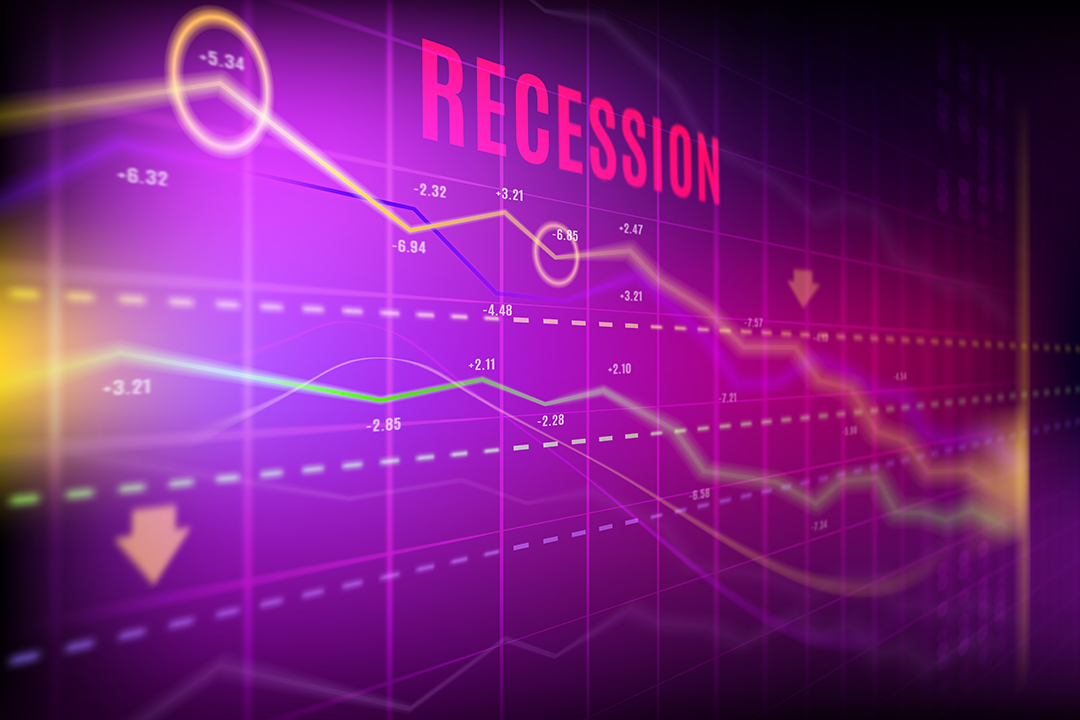

Wall Street is catastrophizing, as it likes to do, after a run of economic data and some ‘tough guy’ threats from Fed chief Jerome Powell has so-called financial market experts saying inflation might be on the way down but now recession is going to upset the apple cart.
One day after Powell raised the official interest rate by 0.5% and did old-fashioned jawboning (central bank speak for scaring markets, consumers and businesses not to think they’re finished raising interest rates), the Dow was down over 900 points at one stage!
Triggering this ‘fear and loathing’ overnight was a worse-than-expected retail sales number, which is making some think that the past rate rises have gone too far.
This is how Bloomberg reported the data drop: “US retail sales fell in November by the most in nearly a year, reflecting softness in a range of categories that suggest some easing in Americans’ demand for merchandise. The value of overall retail purchases dropped 0.6% last month after rising 1.3% in October, Commerce Department data showed Thursday.”
Jerome Powell, like our own Dr Phil Lowe, says he will be data driven in making further rate rising decisions, and this one has many really worried about a looming recession.
Of course, economists and Wall Street expert commentators have tipped eight of the last two recessions and the bond market isn’t much better, so I’d argue that it’s all a chance of happening and not happening.
I’m in the mild recession camp for the US but they could still get away with a substantial slowdown, but for me the big question is: what happens to stocks and stock markets with recessions?
Clearly, a recession can be bad for individual stocks so consumer discretionary retailers would lose friends but recession-proof businesses like Woolworths and Coles would do OK.
So it’s picking winners and losers stuff for stock players. But what about overall market indexes? How do overall stock markets perform with recessions?
The US stock market indexes (the S&P 500 and Nasdaq) have already been in a bear market and effectively still are. The former is down 18.5% now but over the next few days could slip back to being off 20%.
Personally, I like this from bmt.com, which argues that “the good news is that the S&P 500 is already down 20%, so at least some of the damage has been done. In fact, the behaviour of stocks during official recessionary periods as defined by the National Bureau of Economic Research (NBER) might surprise you.
Check this out:
1. Stocks usually decline most before a recession hits.
The average decline for the S&P 500 during the past 10 recessions is only 2.2% while the median decline is only4.9%.
2. Stocks are sometimes up during recessions.
The S&P 500 was positive in four of the past 10 recessions, including the early 1980s when the Fed was aggressively fighting inflation.
3. Stocks often begin to recover before a recession ends
The average return from the cycle’s peak (often before the recession starts) to the end of the recession is -15.3%, even if the average peak-to-trough decline is much larger (about 36% in the average Bear Market).
4. The average return one year after a 25% or more decline is far above average.
Since 1960, there have been eight declines in the S&P 500 of 25% or more (the current decline would make it 9). One year later, the average return is nearly23%.
And this chart shows that stocks can rise during a recession.

The sell-off we’ve seen this year was partly driven by the view that aggressive rate rises by the Fed could create a recession, and if a recession is deeper than the Fed wants, it would cut rates and stock markets would love that. Mind you, I suspect any recession we see will be mild and that could make those who’ve sold off stocks fearing a bad recession, would then become buyers, which would help stock prices in 2023.
The bottom line is — don’t let recession headlines over-worry you.